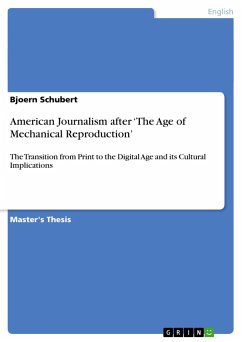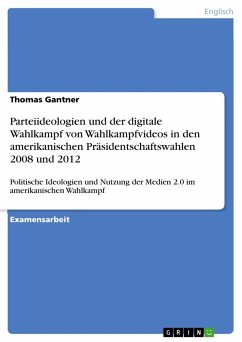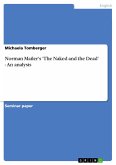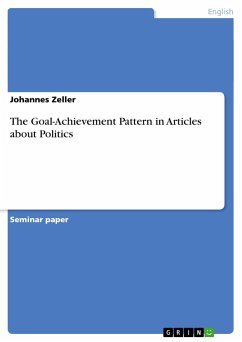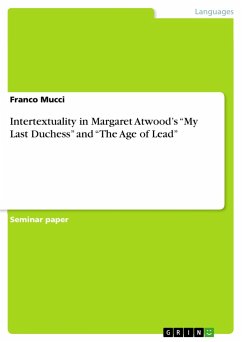Master's Thesis from the year 2010 in the subject American Studies - Culture and Applied Geography, grade: 1.0, Humboldt-University of Berlin (Amerikanistik und Anglistik), language: English, abstract: In a 2009 report, titled "The Resurrection of American Journalism", LeonardDownie Jr., former executive editor of the Washington Post, and Michael Schudson,professor of journalism point out: "American journalism is at a transformationalmoment in history." (1) They both argue that the era of dominant print journalismin the United States of America is ending and rapidly giving way to digitaljournalism. A range of major regional American newspapers such as the SeattlePostIntelligencerin 2009, for example, have gone out of business in recent years.Even nationwide institutionalized newspapers such as the New York Times are notexempt from this overall development.In the digital age there will be a steady rise, not a decline in the generaldemand for news - yet the quality, the long established business models, and thedistribution of media are drastically changing at this point. Jeff Jarvis articulated themost severe change that is currently happening recently in his blog Buzzmachine, inwhich he outlines the revolutionary transition from a print to a Link Economy:Those old companies still operate in the content economy, begun 570 years by Gutenberg, inwhich the owner of content profited by selling multiple copies. Online, there needs to be onlyone copy of content and it is the links to it that bring it value. Content without links has novalue. So when search engines, aggregators, bloggers, and Twitterers link to content, theyare not stealing; they are giving the gift of attention and audience. Indeed, publishers shouldbe grateful that Google does not charge them for the value of its links.6In this thesis I will follow Jarvis' line of argumentation that the nature of journalismwill change in the Link Economy in many ways, thereby opening a wide range ofdiscussions among scholars from many different fields.
Hinweis: Dieser Artikel kann nur an eine deutsche Lieferadresse ausgeliefert werden.
Hinweis: Dieser Artikel kann nur an eine deutsche Lieferadresse ausgeliefert werden.

